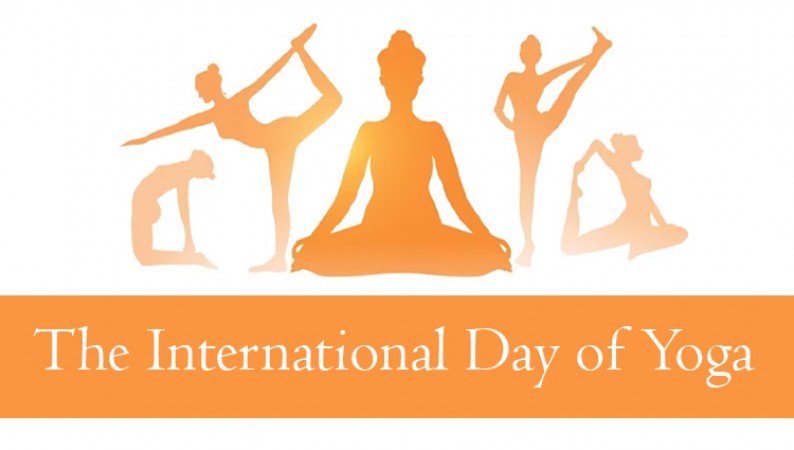
International Yoga Day is an annual event observed on June 21st, dedicated to promoting and raising awareness about the numerous benefits of practicing yoga. Established by the United Nations General Assembly in 2014, this global celebration highlights the importance of yoga in fostering physical, mental, and spiritual well-being. The day serves as a reminder for individuals across the world to embrace the transformative power of yoga and incorporate it into their daily lives. This article explores the origins, significance, and widespread impact of International Yoga Day.
Origins and Significance of Yoga: The roots of yoga can be traced back thousands of years to ancient India, where it originated as a holistic practice aimed at harmonizing the mind, body, and spirit. The word "yoga" is derived from the Sanskrit term "yuj," which means to unite or join. Yoga encompasses a range of physical postures (asanas), breathing exercises (pranayama), meditation techniques, and ethical principles. It is a practice that promotes balance, flexibility, strength, and inner peace.
The proposal to establish an International Yoga Day was first put forward by the Prime Minister of India, Narendra Modi, during his address to the United Nations General Assembly in 2014. Recognizing the universal appeal and transformative effects of yoga, the proposal received overwhelming support from the international community. On December 11th, 2014, the United Nations declared June 21st as International Yoga Day, choosing this date to coincide with the summer solstice, the longest day of the year in the Northern Hemisphere.
International Yoga Day is celebrated with great enthusiasm in countries around the world. The day is marked by various events, including mass yoga sessions, workshops, seminars, and conferences that promote the practice of yoga and its positive impact on health and well-being.
In India, the birthplace of yoga, the main event takes place in different cities each year, with thousands of people gathering to participate in a collective yoga practice led by renowned yoga instructors. The government, along with numerous yoga organizations, arranges programs that showcase the diversity and richness of yoga traditions.
Beyond India, International Yoga Day has gained immense popularity, with millions of people joining in yoga sessions held in parks, public spaces, and community centers across the globe. Yoga enthusiasts of all ages and backgrounds come together to engage in a range of activities, such as guided yoga sessions, meditation, lectures, and demonstrations. This global celebration promotes unity, harmony, and the shared value of holistic well-being.
The practice of yoga offers a multitude of benefits that extend beyond physical fitness. Regular yoga practice can enhance flexibility, strengthen muscles, improve posture, and increase overall body awareness. It promotes relaxation, reduces stress, and improves mental clarity and focus. By incorporating deep breathing techniques, yoga helps regulate the nervous system, resulting in a calmer state of mind and improved emotional well-being.
Moreover, yoga has been recognized for its therapeutic applications in managing chronic conditions such as hypertension, diabetes, and anxiety disorders. Its gentle and non-competitive nature makes it accessible to individuals of all fitness levels and ages, making yoga a versatile practice that can be customized to suit individual needs and preferences.
International Yoga Day serves as a global platform to highlight the significance of yoga in fostering a healthy and balanced lifestyle. It is a day to celebrate the unity of the global community, embracing the ancient wisdom of yoga and its profound impact on the mind, body, and spirit. By encouraging individuals to incorporate yoga into their daily routines, International Yoga Day promotes holistic well-being and creates a positive ripple effect that extends far beyond June 21st. Let us join hands and celebrate the transformative power of yoga on this special day and beyond.